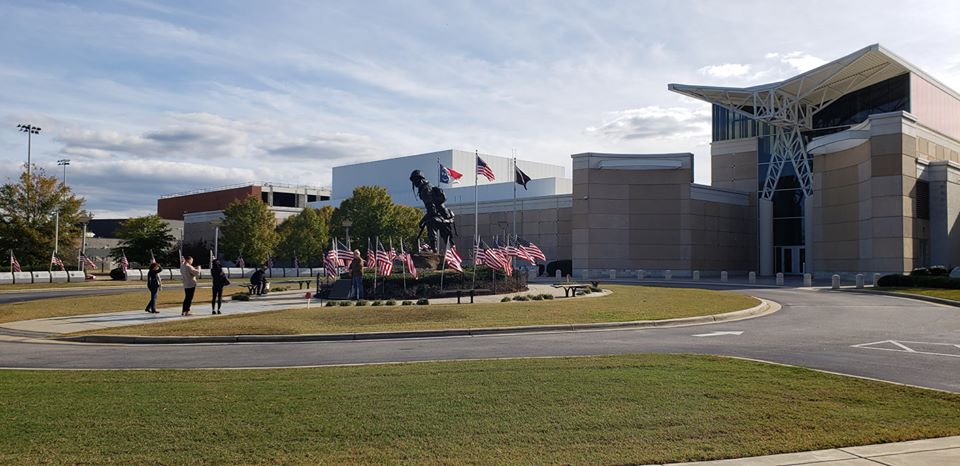Art and Culture
WWII artifacts preserved in 3D scans at N. Carolina museum

The scans reproduced the items from the Airborne & Special Operations Museum in intricate detail so they could be viewed on a computer screen from various angles. (File photo: Airborne & Special Operations Museum Foundation/Facebook)
FAYETTEVILLE, N.C. — The jump helmet used by the “Father of the Airborne” during World War II has been digitally preserved in three-dimensional form.
Maj. Gen. William C. Lee’s helmet was one of several items a team from The Citadel captured with a 3-D scanner on Feb. 5. The scans reproduced the items from the Airborne & Special Operations Museum in intricate detail so they could be viewed on a computer screen from various angles.
The team also scanned a helmet used by Walker Hancock, who helped preserve artifacts during World War II. Efforts by Hancock and other soldiers were depicted in the 2014 movie “The Monuments Men.”
A saddle that was fitted for a U.S. soldier and given to a U.S. leader by an Afghan official also was scanned.
“These artifacts are some of the coolest we have,” said Denise Wald, collections manager at the museum.
Wald said the scanned images might be posted on the museum’s website in the future, but preservation is the immediate goal.
“It’s a neat way to keep artifacts preserved,” she said.
James Bezjian, an assistant professor of entrepreneurship and strategy and director of the Innovation Lab at The Citadel’s Baker School of Business, led the scanning team. Pierce Huff and West Courtney, both senior business majors, worked with him.
The 3D scanner is a handheld device. A member of the team would aim it at an item and circle it numerous times, capturing images that were combined to make the three-dimensional scan.
Bezjian said the combined images can be used to create a replica with a 3D printer or placed in virtual reality or augmented reality. An image can help if an artifact is destroyed in a fire or a flood.
“The spirit of it would still be in existence,” he said.
Huff said the team wants to preserve history.
“I love history,” he said.
Bezjian said teams from The Citadel also have scanned items for the Charleston Museum and the University of St. Andrews in Scotland. Two years ago, a team was at the Airborne & Special Operations Museum to scan the rotor of a helicopter that crashed in Somalia.
“This is a great way to preserve” artifacts, he said.





















